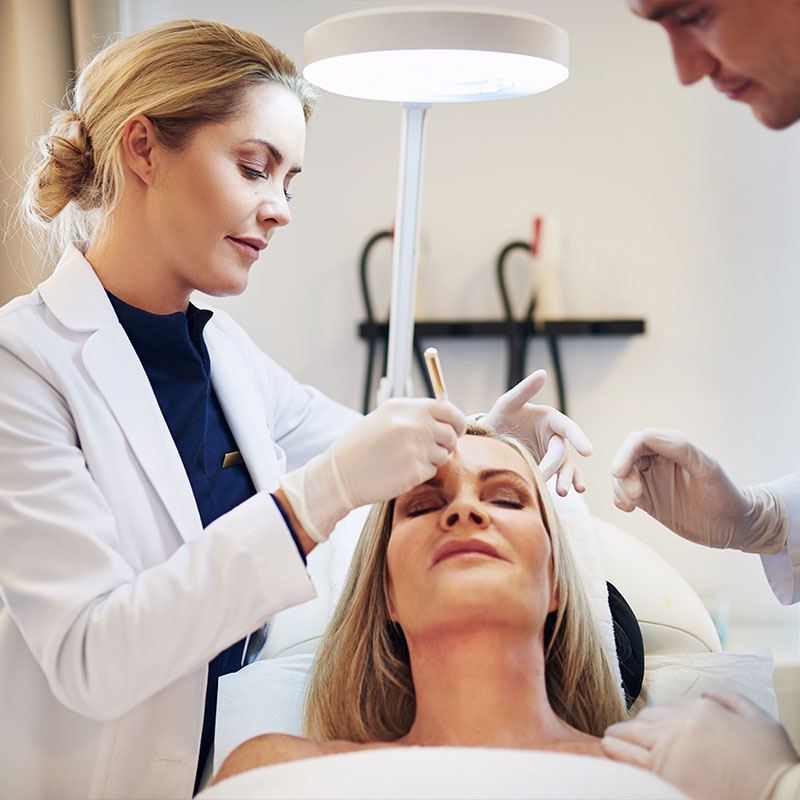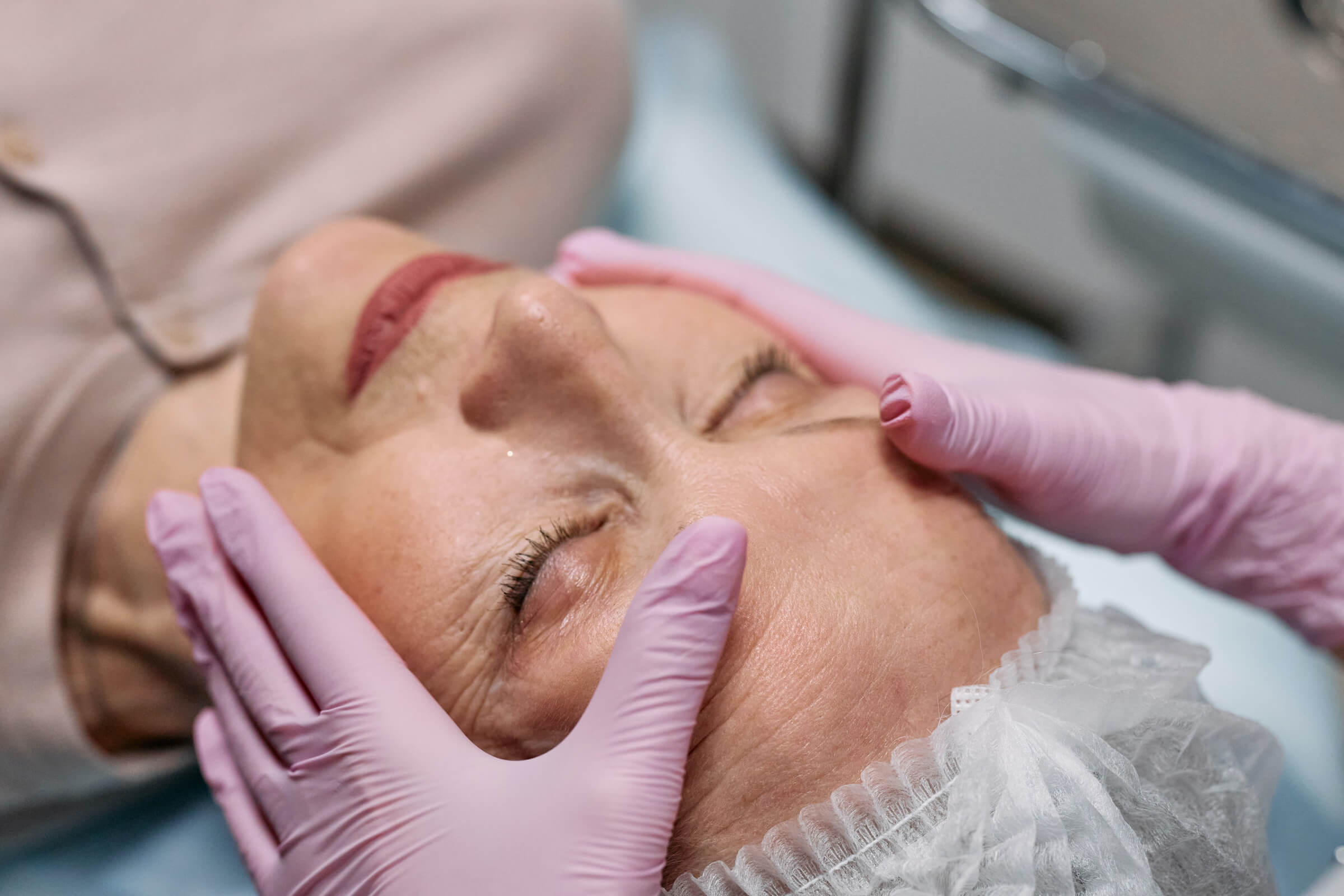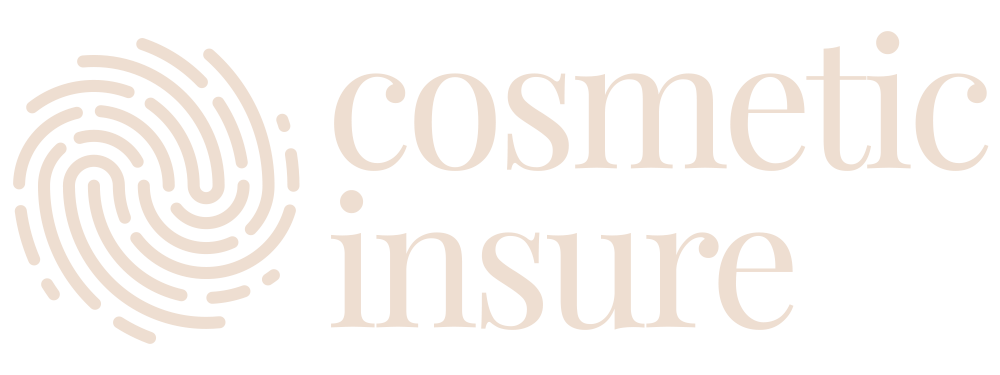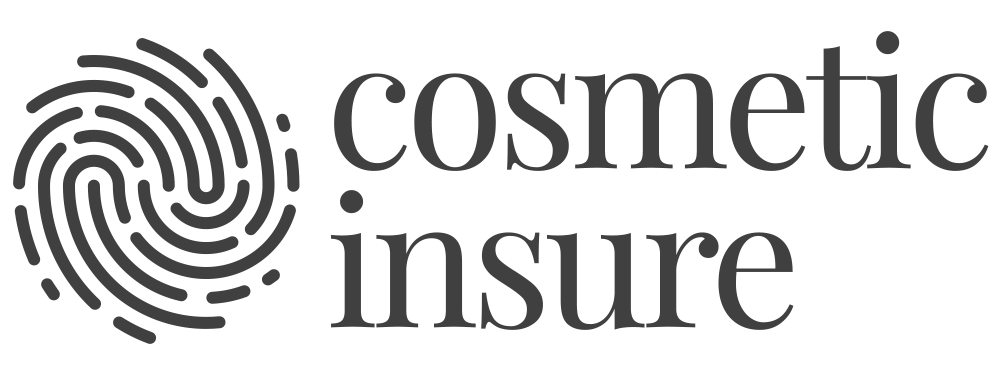INSURANCE
The role of product quality in aesthetic medicine: What practitioners need to know
In the ever-evolving field of aesthetic medicine, product quality plays a critical role in patient safety, treatment efficacy, and professional reputation.
With a diverse supply chain comprising prescription-only medicines (POMs), medical devices, and cosmetic products, practitioners must be diligent in selecting products that meet the highest standards. This article, in collaboration with John Bannon Pharmacy – a market leader in the medical industry and a trusted supplier to the NHS – explores the key considerations around product quality, regulatory compliance, and insurance implications.
Understanding the aesthetic medicine supply chain
The aesthetic medicine supply chain is complex, with products originating from various sources, including pharmacies, wholesalers, and direct manufacturers. It is essential to distinguish between two primary categories:
1. Prescription-only medicines (POMs)
POMs, such as botulinum toxins, are subject to stringent regulatory oversight. They can only be obtained via a named patient prescription from a registered pharmacy or, under specific conditions, as stock from a wholesaler holding a Wholesale Distribution Authorisation (WDA). In the UK, only doctors, dentists, and (in Scotland) nurses can order POMs as stock for patient administration.
The regulatory framework for POMs ensures:
- Stringent quality control and efficacy data
- Distribution through registered practitioners
- Comprehensive patient safety measures
2. Non-POM products: dermal fillers, peels, and consumables
Unlike POMs, many aesthetic products, including dermal fillers, peels, and MESO solutions, are sold via wholesalers or directly from manufacturers. These products can be classified under two categories:
- Medical devices: Typically UKCA- or CE-marked, indicating compliance with regulatory safety, performance, and quality standards. Since 2021, the UKCA mark has become the primary certification for products meeting UK regulations, while CE marking remains relevant for products sold in Europe. Both markings offer assurance of product quality, but practitioners operating in the UK should prioritise UKCA-marked devices.
- Cosmetic products: Subject to less rigorous regulation, with marketing claims sometimes prioritising commercial appeal over scientific evidence



Key considerations for practitioners
1. Regulatory compliance and safety
Ensuring compliance with UKCA and CE certification is vital for patient safety and professional protection. However, some widely used products, such as Lemon Bottle fat dissolver, do not carry these markings but remain highly popular due to their perceived effectiveness.
“At John Bannon Pharmacy, patient safety and product efficacy are at the heart of our decision-making. We carefully evaluate products before stocking them, ensuring they meet our rigorous standards and align with insurance requirements.” – John Bannon Pharmacy
2. Insurance considerations
Many insurers restrict cover to products that are non UKCA- or CE-marked. However, we recognise that some non-marked products, such as Lemon Bottle fat dissolver, are widely used in the industry. That’s why we do insure Lemon Bottle fat dissolver treatments, ensuring practitioners have comprehensive protection when using this product.
It remains essential for practitioners to check whether their chosen insurance policy covers specific brands or product types to avoid gaps in cover. Failing to do so could result in liability exposure should an adverse event occur.
To ensure you have comprehensive protection tailored to your practice, speak to our expert team about insurance solutions designed for aesthetic practitioners.
3. Cold chain and supply chain integrity
Proper storage and transportation conditions are crucial for maintaining product integrity. Cold-chain management, particularly for temperature-sensitive products, ensures their safety and efficacy. Working with reputable suppliers and registered pharmacies mitigates the risk of receiving counterfeit or compromised products.
4. Ethical and professional responsibility
Selecting a product based on marketing trends or personal relationships with sales representatives, rather than scientific evidence and regulatory approval, can pose risks.
Practitioners should prioritise:
- Evidence-based product selection
- Continuous education on emerging regulations
- Transparent communication with patients regarding product safety
5. The role of trusted suppliers in ensuring quality
Working with established, reputable suppliers is vital to maintaining high standards in aesthetic medicine. John Bannon Pharmacy, established in 1985, has grown to become a leading supplier in both Ireland and the UK, including partnerships with the NHS. Their commitment to safety, customer service, and regulatory compliance makes them a trusted resource for practitioners seeking high-quality products. Visit John Bannon website for more information.
Conclusion
Product quality is paramount in aesthetic medicine, affecting patient outcomes, regulatory compliance, and professional reputation. By sourcing products from trusted, regulated suppliers, ensuring compliance with UKCA or CE certification where applicable, and securing appropriate insurance coverage, practitioners can protect both their practice and their patients.
Partnering with reputable pharmacies like John Bannon Pharmacy ensures access to high-quality, vetted products, contributing to the overall integrity of the industry.
For further guidance on product selection, regulatory compliance, and insurance coverage, practitioners are encouraged to consult with industry experts and trusted suppliers. Our team specialises in tailored insurance solutions for aesthetic practitioners, ensuring comprehensive protection and peace of mind.
Get in touch today to learn more about securing the right coverage for your practice.
Share This Story, Choose Your Platform!





Cosmetic Insure Disclaimer
All the information provided in our Cosmetic Insure Treatment Guides and blog articles serves as a valuable reference and informational resource. Our intention is to offer insights that assist you in making informed choices when exploring the extensive array of non-surgical aesthetic treatments available.
Please note that this information does not constitute medical advice. Any reliance you place on the content found within the Cosmetic Insure Treatment Guides, Cosmetic Insure blog articles, or on any part of cosmeticinsure.com is done so entirely at your own discretion.
Prior to considering any non-surgical cosmetic treatment mentioned anywhere on cosmeticinsure.com, we strongly recommend that you engage in thorough consultation with a duly qualified and accredited practitioner who possesses the proper training and comprehensive insurance coverage for the specific treatment you are interested in. Neither the author of the guides or blog articles, nor the practitioner who has verified these guides, nor Cosmetic Insure, can be held responsible or liable for any loss or claims resulting from the use or misuse of cosmeticinsure.com’s content. Your safety and well-being are our utmost concern.


